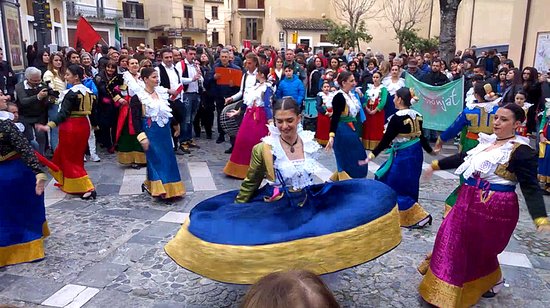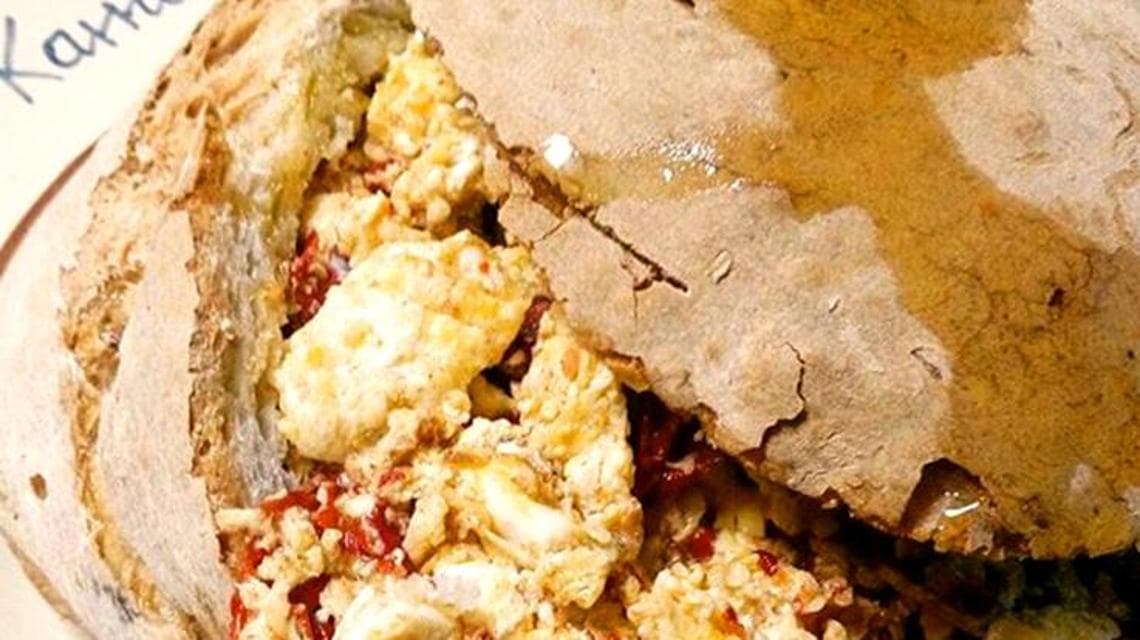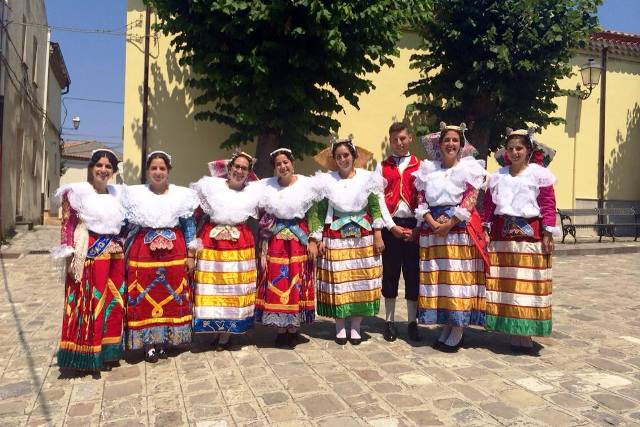Calabria, a land rich in history, tradition and culture, is home to one of the most fascinating communities in Italy: the Arbëreshë. These ethnic groups of Albanian origin have settled in various locations in the region since the 15th century, giving rise to a cultural heritage that blends perfectly with Calabrian history and reality. In this article, we will explore the origins of the Arbëreshë in Calabria, their language, traditions, religious customs, and their contribution to local culture.



1. The Origins of the Arbëreshë in Calabria.
The history of the Arbëreshë in Calabria has its roots in the late 15th century, when the expanding Ottoman Empire threatened the territories of Albania. To escape persecution, many Albanians fled to Italy, where they found welcome in the southern regions, particularly Calabria and Sicily.
An estimated 20,000 Albanians emigrated to Italy in the late 1400s and early 1500s, settling in towns and villages in Calabria, particularly in the provinces of Cosenza, Catanzaro and Reggio Calabria. These emigrants were not just fleeing war, but brought with them a rich cultural and religious tradition, which had a significant impact on the life of the region.
2. The Arbëreshë Language: A Bridge Between Two Worlds
One of the most fascinating features of the Arbëreshë is their language,Arbëresh, which is an Albanian dialect maintained unchanged for centuries. The Arbëresh language is a variety of Eastern Albanian that has been preserved in Calabrian communities through separation from the motherland and the maintenance of a distinctive linguistic identity.
Despite the difficulties arising from globalization and the influence of modern Italian languages, Arbëresh is still spoken in many of the Calabrian Arbëreshë villages. Each village has its own variation of the dialect, but the common language remains a sign of unity among the different communities. Arbëresh is also a language of family transmission, which is taught from generation to generation, albeit with greater difficulty in preserving it among the young.
3. Religious Traditions: A Link with the Orthodox Church.
From a religious point of view, the Arbëreshë are mainly Orthodox, although many of them later converted to Catholicism but retained some particular religious traditions. The Orthodox religion has always been central to the community life of the Arbëreshë, and many towns in Calabria still retain Byzantine-rite churches and monasteries. These churches are characterized by a particular architecture and iconography, reflecting the Albanian Orthodox tradition.
Religious holidays are another fundamental aspect of Arbëreshë culture. In addition to common Christian celebrations, such as Christmas and Easter, the Arbëreshë also celebrate several liturgical holidays of Byzantine origin, such as the Feast of St. George, which is celebrated with processions and rituals typical of Albanian tradition.
4. Arbëreshë Customs and Popular Culture.
Arbëreshë culture is an interweaving of Albanian and Calabrian traditions, which is reflected in various aspects of daily life. One of the most fascinating cultural expressions of the Arbëreshë is traditional music, which includes folk songs and dances that tell stories of war, love and rural life. Typical dances, such as the “valza arbëreshë,” are performed on festive occasions and celebrate community unity.
Cuisine is also a key component of Arbëreshë culture. Traditional Arbëreshë dishes mix typical Calabrian ingredients with Albanian influences, creating dishes with a unique flavor. Specialties include “cavatelli,” a homemade pasta served with rich sauces, and wheat bread baked in a wood-fired oven, which is a real delicacy. In addition, “pitte,” flatbreads filled with vegetables, cheese and meat, are another typical dish that represents the fusion of local and Albanian culinary traditions.
5. The Arbëreshë Community Today: Challenges and Opportunities.
Today, the Arbëreshë are an evolving community, but one that holds firm to its cultural and linguistic roots. Difficulties related to integration into modern socio-economic dynamics and the gradual disappearance of the Arbëresh language among new generations are the main challenges the community faces.
Despite this, the Arbëreshë are an example of cultural resilience. They have managed to keep their identity alive through education, participation in cultural events and promotion of the Arbëreshë language. Recent years have also seen a growing interest in the rediscovery of Arbëreshë traditions, both by villagers and local institutions.
The Arbëreshë in Calabria represent one of the most fascinating and historically rich people in the region. Their presence has helped shape Calabrian culture, enriching it with unique traditions, languages and customs. Despite the challenges of modernity, the Arbëreshë community continues to proudly live their identity, keeping alive a cultural heritage that is a treasure for the whole of Calabria and Italy. > Discover the journey
